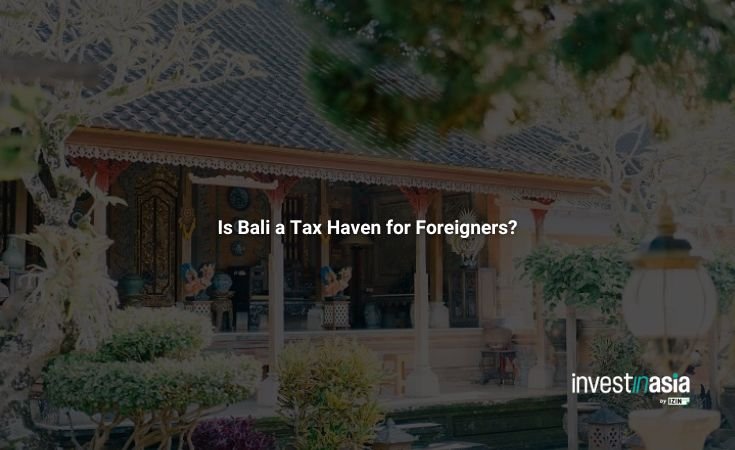Bali, renowned for its breathtaking landscapes and vibrant culture, has long been a magnet for expatriates and digital nomads. A common question among potential residents is whether Bali serves as a tax haven. Let’s explore this topic for a clearer understanding.
Also read: Moving to Bali: A Guide for Expats’ Permanent Stay (2025 Update)
Understanding Bali’s Tax Landscape
While Bali offers certain tax advantages, it’s not a traditional tax haven. Indonesia, the country encompassing Bali, enforces a progressive tax system on both residents and non-residents. Tax rates vary between 5% and 35%, based on income brackets.
Notably, Indonesia is introducing a digital nomad visa that may allow remote workers to reside in Bali without paying local income tax, provided their income is sourced from outside the country.
Also read: Indonesia Tax Rate for Foreigners: What You Need to Know
Tax Residency: Key Considerations


Your tax obligations in Bali hinge on your residency status. Spending more than 183 days in Indonesia within a 12-month period typically classifies you as a tax resident, subjecting you to taxes on your global income.
Conversely, non-residents are taxed solely on income generated within Indonesia. It’s crucial to assess your stay duration and income sources to determine your tax responsibilities accurately.
Also read; Bali Property Tax: 2024 Complete Guide
New Tourist Tax Implementation
Starting February 14, 2024, Bali has implemented a tourist tax of IDR 150,000 (approximately $10) for foreign visitors. This levy aims to preserve Bali’s cultural and environmental heritage. The payment process is designed to be straightforward, with options to pay online via the Love Bali website or at designated counters upon arrival.
Also read: Bali Tourist Tax Regulations 2025: Complete Guide
Conclusion: Is Bali a True Tax Haven?
A traditional tax haven is a jurisdiction with little to no taxation, financial secrecy laws, and limited reporting requirements. Bali does not meet these criteria because:
- Indonesia taxes residents on worldwide income.
- Progressive tax rates apply to residents based on income levels.
- Indonesia participates in international tax transparency agreements.
- Withholding tax applies to various foreign-sourced incomes, including dividends, royalties, and interest.
While some tax-friendly policies exist, Bali remains part of Indonesia’s regulated tax system, which does not allow full tax exemption for foreign income earners.
For foreigners considering relocating to Bali, consulting with a tax professional like InvestinAsia’s Indonesia tax consultant and compliance services is essential to ensure compliance with Indonesian tax laws and to take advantage of available tax benefits.
Our experienced team of professionals is ready to assist you in every tax matter, such as:
- Accounting and tax reporting services in Indonesia
- Indonesia Payroll Service
- Indonesia LKPM Reporting Service
- Indonesia VAT Taxpayers Registration
Contact us now for FREE consultation and special package!
references: offshore-protection.com



